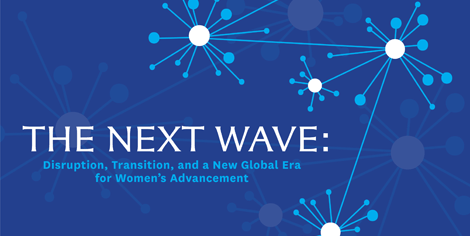 I am so pleased to write that I recently had an article published in The Huffington Post.
I am so pleased to write that I recently had an article published in The Huffington Post.
Last year for my Junior Seminar, a writing intensive class for sociology majors, I researched the relationship between women’s colleges and women in positions of leadership; namely, my project explored whether or not a positive relationship existed between the two.
Studies of the past have shown that a positive relationship does exist, and I am currently debating whether or not to write a thesis on exploring this relationship today.
Clearly, the relationship between women’s colleges and women in positions of power is not new. And moreover, there seems to be a constant debate about the relevance of women’s colleges in the 21st century.
This December Elisabeth Pfeiffer, a student at the all women’s Scripps College, published the piece, Don’t Like the Gender Gap? Women’s Colleges Might Just Be the Answer. After reading the piece, I was in complete agreement with Ms. Pfeiffer’s argument, and have had many of the same experiences while at Bryn Mawr College.
What I am quite embarrassed to admit, however, is that I was lead to her article by Shannon Miller’s, Don’t Like the Gender Gap? Don’t Encourage It, which was spamming my Facebook and Twitter feeds for the past week.
And so in the spirit of sisterhood, I wanted to reiterate Elisabeth Pfeiffer’s argument, tell of some of my own experiences at Bryn Mawr, and incorporate some of the research I had done for my Junior Seminar into my piece, Women’s Underrepresentation in Politics Makes Women’s Colleges Relevant.
I have already received a lot of encouragement from the Bryn Mawr community as well as the broader women’s college community.
Comments and feedback on the article or this blog would be greatly appreciated!


